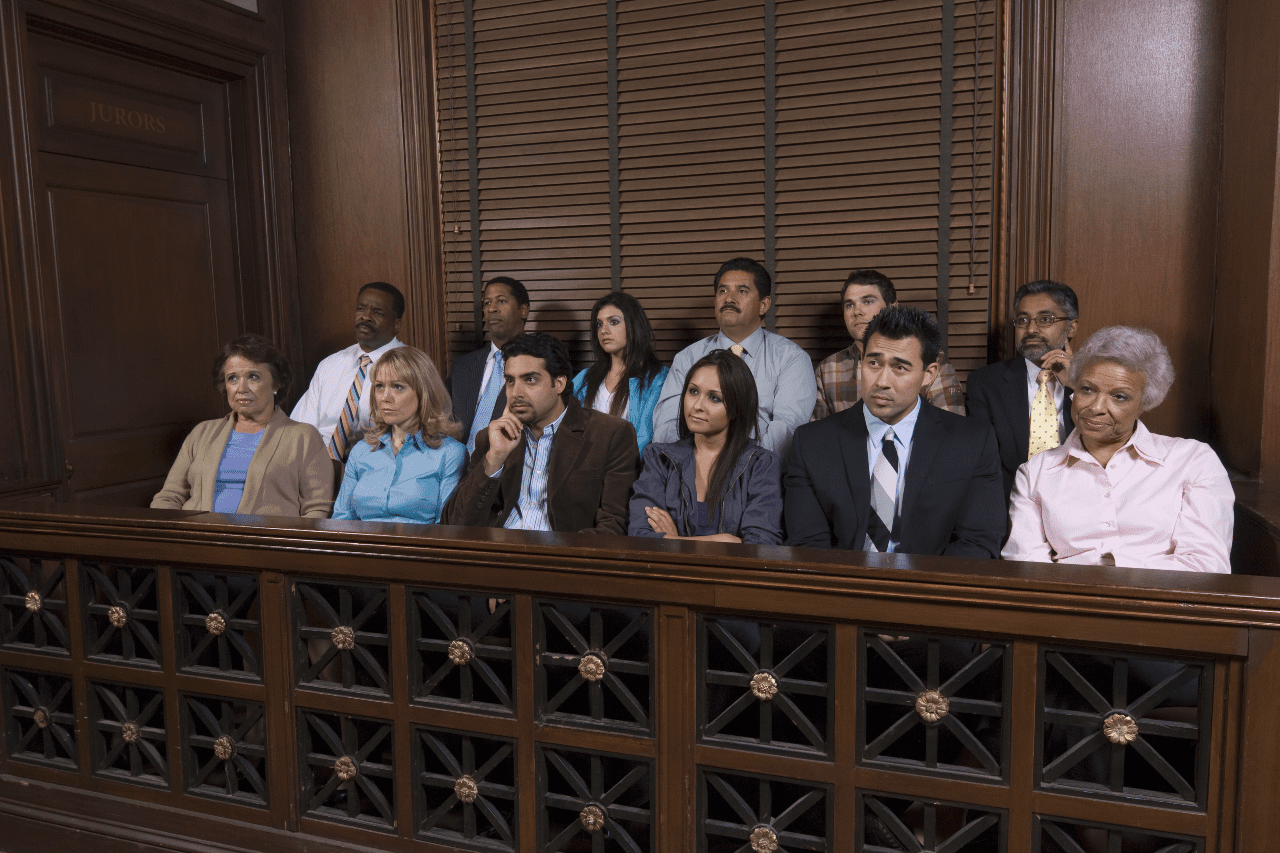Knowing the Difference Between a Bench and Jury Trial in Maryland

In Maryland, there are two different ways your case can be tried in court: a bench trial in district court or a jury trial in circuit court. Knowing the difference between the two trials is vital when preparing your case. District courts generally handle misdemeanors and traffic violations. In contrast, circuit courts handle cases requested to be tried by jury and most felonies.
If you are currently facing a criminal charge, you should contact a skilled attorney to represent you in your case. Consider bringing your case to The Law Office of Hillel Traub.
What Are Bench Trials?
Bench trials are held only in front of a judge, who decides the verdict. While it may seem intimidating to have your case heard only in front of a judge, there are some advantages to a bench trial: speed, understanding of the law, and controlled emotions and allegations.
Speed
Once a bench trial is determined, the judge quickly sets a date. Since there’s no jury selection, it can begin well before a jury trial would. Also, the defense and prosecution will not have to wait for a jury’s decision. In some cases, it may take days for them to reach a verdict since all 12 jurors must agree. The only one who needs convincing in a bench trial is the judge, beyond a reasonable doubt.
Understanding of the Law
Almost all criminal cases involve complex legal issues. Judges spend years, if not decades, learning the law and practicing it. On the other hand, juries are made up of your peers, and most jurors do not have a legal background. Jurors must decide what evidence they believe is true and then apply the law to those facts. Defense attorneys often have concerns that jurors may not correctly understand the law in complex cases.
Controlled Emotions and Allegations
In most cases, facts about the trial will come out, which may sway jurors’ emotions, so there’s always a chance that a jury may rule based on emotions, not facts. A judge instructs jurors not to watch the news or read articles, but jurors may still do their own research. Any criminal defense attorney will do their best to keep biased jurors off the case, but not everyone is honest or open about their biases. Judges have typically seen and heard many emotionally charged cases, and they are less likely to let emotions fuel their decision-making.
What Are Jury Trials?
On the other hand, jury trials involve a group of 6 to 12 of your peers that listens to the case and determines if you’re guilty. Just like bench trials, there are advantages to a jury trial.
Multiple People Have to Be Convinced of Your Guilt
In bench trials, the defense and prosecution only need to convince one person the defendant is guilty or innocent: the judge. With jury trials, all jurors must agree. If even one person has doubts and refuses to vote, the judge may call a mistrial. In that case, the prosecution may elect to drop charges or retry the case later.
Jurors Are Easier to Convince
Some experienced criminal defense attorneys may try to sway jurors by playing on emotion to convince them the defendant is innocent. Defense attorneys may be able to portray their client’s story in front of a jury, giving them the full picture of the sequence of events. If the defense sways even one juror, the defendant cannot be convicted.
Jury vs. Bench Trials
In some misdemeanor cases, the defendant can choose whether to pursue a trial. Anyone charged with a crime is entitled to a jury if their potential penalties exceed more than 90 days in jail. So, for a case of driving while impaired, which has a maximum of 60 days in jail, you would not be entitled to a jury trial. But, if you’re charged with the misdemeanor of second-degree assault, which has maximum sentencing of 10 years, you can choose to have your case heard in front of jurors.
You should also keep in mind that if you choose a bench trial in district court and do not like the verdict, Maryland law allows you to appeal the decision and receive a new trial in the circuit court.
Contact a Skilled Maryland Criminal Defense Attorney
If you’re facing criminal charges, you must immediately seek legal representation. Attorney Hillel Traub has been a member of the Maryland State Bar since 1988. Attorney Traub can help you understand the differences between trial and bench juries and recommend which one you should choose, if applicable.
Call (410) 580-1100 or complete an online contact form to schedule a free consultation.